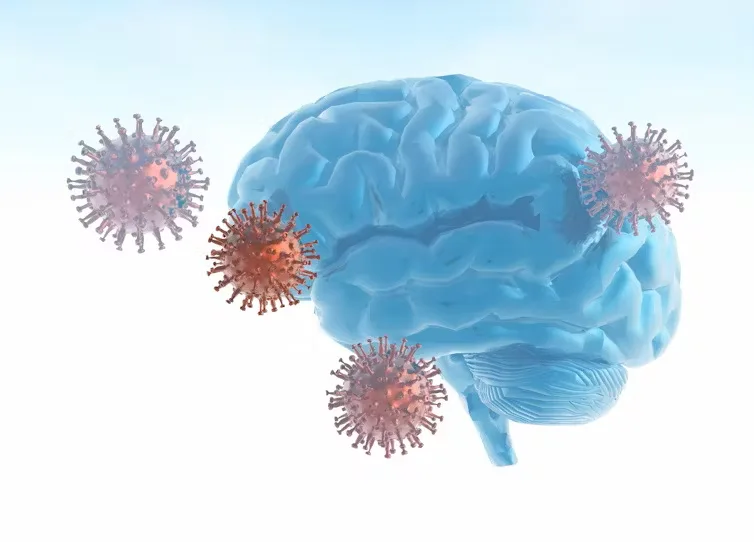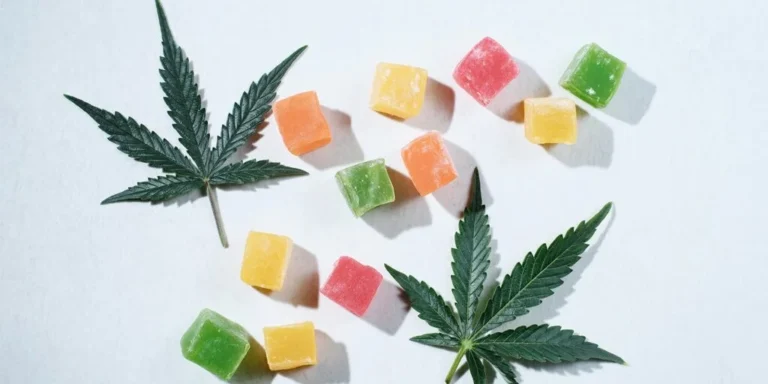Does Delta 9 Give You Brain Fog
Delta 9-tetrahydrocannabinol (Delta 9 THC) is the primary psychoactive compound in cannabis, widely known for its ability to induce a euphoric high. However, some users report experiencing cognitive effects, such as a sense of mental cloudiness or brain fog, after consuming it. To understand whether Delta 9 causes brain fog, it’s essential to examine how it interacts with the brain and the factors that influence individual experiences.
Brain fog is a term used to describe temporary mental confusion, difficulty concentrating, and slower cognitive processing. While not a medical diagnosis, it is a widely recognized phenomenon linked to various factors such as stress, fatigue, and medication. For cannabis users, the perception of brain fog often arises from Delta 9’s interaction with the endocannabinoid system (ECS). This system regulates essential functions, including memory, mood, and focus, and Delta 9 THC directly affects CB1 receptors in the brain.
When Delta 9 interacts with cannabinoid receptors, it influences the release of neurotransmitters, producing its signature psychoactive effects. These effects can momentarily alter cognitive functions such as memory, attention, and decision-making. Whether these changes manifest as brain fog often depends on factors like individual brain chemistry, dosage, and tolerance levels.
In some cases, consuming higher doses of Delta 9 is more likely to diminish mental sharpness. This occurs because overstimulation of CB1 receptors can interfere with typical brain communication, creating a sensation of mental fatigue. Conversely, smaller doses may produce subtler effects or occasionally enhance focus. Responses differ significantly between individuals due to variations in metabolism, prior cannabis use, and the specific strain or formulation involved.

The cognitive effects of Delta 9 THC are typically short-lived, diminishing as the body metabolizes and excretes the compound. Nonetheless, frequent or heavy use, especially among adolescents or young adults with developing brains, might result in more lasting challenges with memory and concentration. This highlights the need for mindful consumption and an understanding of personal tolerance.
Other factors, such as inadequate sleep, poor diet, and high stress levels, can also contribute to feelings of mental fog. Individuals experiencing cognitive cloudiness after using Delta 9 may find it helpful to assess these aspects of their lifestyle alongside their cannabis use. Incorporating cannabidiol (CBD), known for its soothing properties, might also help to balance the psychoactive effects of Delta 9.
Ultimately, while Delta 9 THC can temporarily influence cognitive function, the extent of brain fog often depends on factors like dosage, tolerance, and usage patterns. Most effects are fleeting, and being attuned to your body’s reactions while using Delta 9 responsibly can minimize undesirable cognitive outcomes. As cannabis research advances, a deeper understanding of its impact will support more informed and thoughtful use.






